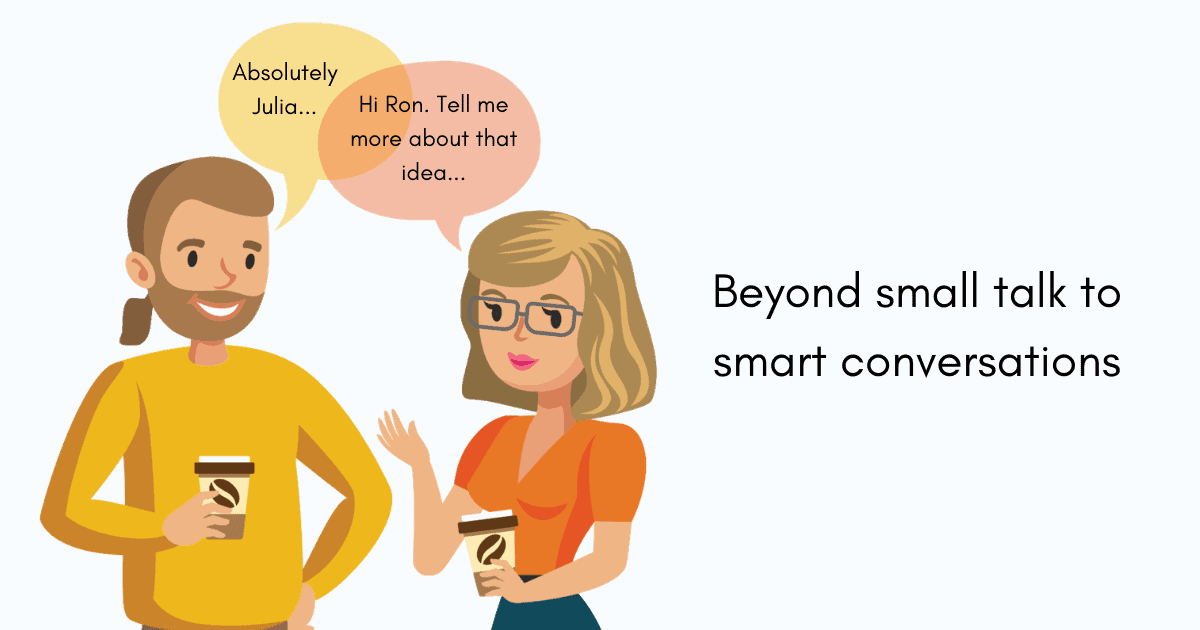How to Have a Meaningful Conversation
Starting a Conversation Naturally
The key is to keep the conversation flowing naturally without focusing on any single topic. When first meeting someone, it’s best to start with open-ended questions that allow the other person to share about themselves. Things like “How are you doing?” or “What games do you like to play?” are good conversation starters that don’t require in-depth knowledge on any particular subject. Let the conversation develop organically based on the other person’s responses rather than having a rigid plan.
Discover Common Ground
Asking about the other person’s interests and hobbies is a great way to find potential conversation topics to connect over. Even if you don’t share the same hobbies, listening and asking follow up questions shows you care about learning more about them. Look for things you have in common, big or small, that can become the starting point for a richer discussion. The goal is to make the other person comfortable opening up, not to prove how much you already know.

Focus on Active Listening
When the topic turns to something you’re less familiar with, resist the urge to change subjects. Instead, concentrate on truly listening with an open mind. Ask questions to understand different perspectives and expand your own knowledge. Make observations or share related experiences of your own when appropriate. But let the other person do most of the talking - people enjoy conversing with others that remember details about them and their interests.
Guiding the Discussion
Once a connection has been made, you can gently steer the conversation to new yet adjacent topics. But avoid abrupt subject changes that lose the natural flow. With interest and input from both sides, the discussion takes on a life of its own.
Build on Common Ground
If a shared hobby was uncovered, ask follow up questions like “What is your favorite part of that activity?” or “Have you ever considered trying similar activities?” This keeps the discussion centered around familiar ground while also exploring new angles. Look for ways to progressively deepen the discussion based on previous exchanges.
Offer Contrasting Viewpoints
Don’t be afraid of respectfully offering a counter viewpoint now and then to challenge preconceived notions in a thoughtful manner. When differences arise, acknowledge them civilly rather than insisting one side is completely right or wrong. A lively discussion embraces various perspectives instead of polarizing them. Nuanced debates revealing insightful discoveries are often the most enriching.
Making It Memorable
Regardless of topic, the quality of a conversation is largely defined by how engaged and appreciated each individual feels. Small gestures go a long way towards achieving this.
Give Undivided Attention
Practice active listening by maintaining eye contact, nodding occasionally and reflecting back on key points discussed. Put away distractions and demonstrate full participation in the exchange of ideas. People want to feel heard as much as feel interesting.
Express Gratitude & Interest
Use appreciative body language and offer courteous compliments spotlighting specific contributions. Express sincere thanks for sharing their perspectives. A simple “Thank you for an interesting discussion” leaves the other feeling valued. Consider following up with a relevant message indicating you found the insights memorable.
In the end, meaningful conversations arise not from adherence to any rigid formula but from cultivating mutual understanding and respect between individuals through compassionate exchange of life experiences.
